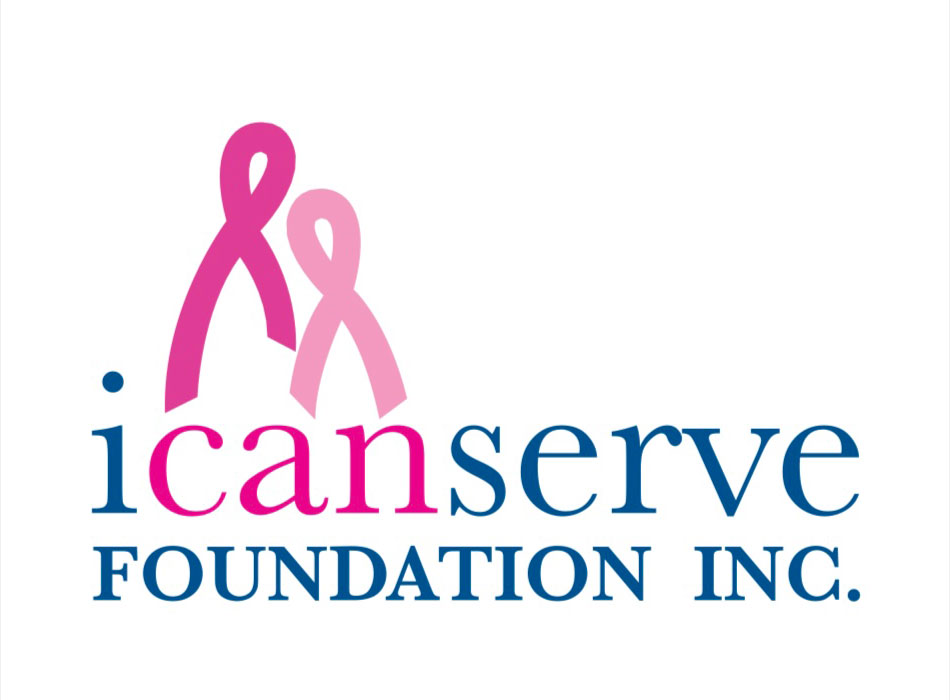ICANSERVE founding president Kara Magsanoc-Alikpala championed the needs of cancer patients and survivors at the World Health Organization (WHO) and World Cancer Congress 2024 (WCC) in Geneva, Switzerland last September.
Magsanoc-Alikpala is among the global patient advocates convened by the WHO for its ongoing initiative “Co-creating Priorities for Cancer 2030: Elevating the voices of people with lived experience of cancer.” She joins fellow Philippine cancer community leaders Carmen Auste of Cancer Warriors Foundation and Girlie Lorenzo of Kythe Foundation. In a session held at the Palais des Nations on September 16, the delegates gathered to create a consolidated list to develop the final joint statements of priorities using the WHO framework for meaningful engagement of people living with noncommunicable diseases (PLWNCDs).
Following the WHO meeting, Magsanoc-Alikpala spoke at the WCC held from September 17 to 19 at the International Conference Centre Geneva (CICG). WCC is hosted every two years by the Union for International Cancer Control, the largest international cancer membership organization in the world. This year’s Congress brought together over 2,000 delegates from more than 120 countries to focus on key themes such as cancer prevention, care, and global policy.
Participants, including researchers, healthcare professionals, and patient advocates discussed strategies and approaches to address challenges and work together to reduce the global cancer burden.
Magsanoc-Alikpala, a patient advisory board member of the Lancet Commission on Women and Cancer, was a panelist in a plenary session on the Lancet Commission report entitled “Women, Power, and Cancer: Towards Equitable, Gender-transformative Cancer Prevention, Care, and Control” along with Shirin Heidari from Geneva-based GENDRO, Ani Shakarishvili from UNAIDS, and Valerie McCormack from the International Agency for Research on Cancer.
Chaired by Ophira Ginsburg of the National Cancer Institute USA, the session reviewed progress of the implementation of the report, a year after its launch, highlighted its findings, and discussed its remaining priorities and challenges.
She also presented at the workshop, “Advancing Breast Cancer Treatment and Care in Resource-Limited Settings,” a collaboration with the World Health Organization’s Global Breast Cancer Initiative (GBCI) and the UICC. The workshop explored ways to advance treatment and care for breast cancer in resource-limited settings and engaged key breast cancer stakeholders towards the GBCI target of having at least 80% of patients complete multidisciplinary treatment.
Conversations from participants on the challenges they face, opportunities they identified at a regional level and relevant case studies tackled will be shared globally through a workshop report in the coming months.
Magsanoc-Alikpala is a member of the WHO-GBCI Informal Technical Working Group and heads the Advocacy Committee.
- L-R Shinkabi-Bagudu Zainab, UICC President Elect 2024-2026, Kara Magsanoc-Alikpala, Rizu of WHO, Julie Torode, Strategic Partnerships, Institute of Cancer Policy
- Karen Nakawala, Chairperson on International Development Community Priorities, Kara Magsanoc-Alikpala
- Co-creating Priorities for Cancer 2030 committee members
- UICC-GBCI Workshop L-R Kara, Sabrina Zucchelo, Julie Gralow, Miriam Mutebi







